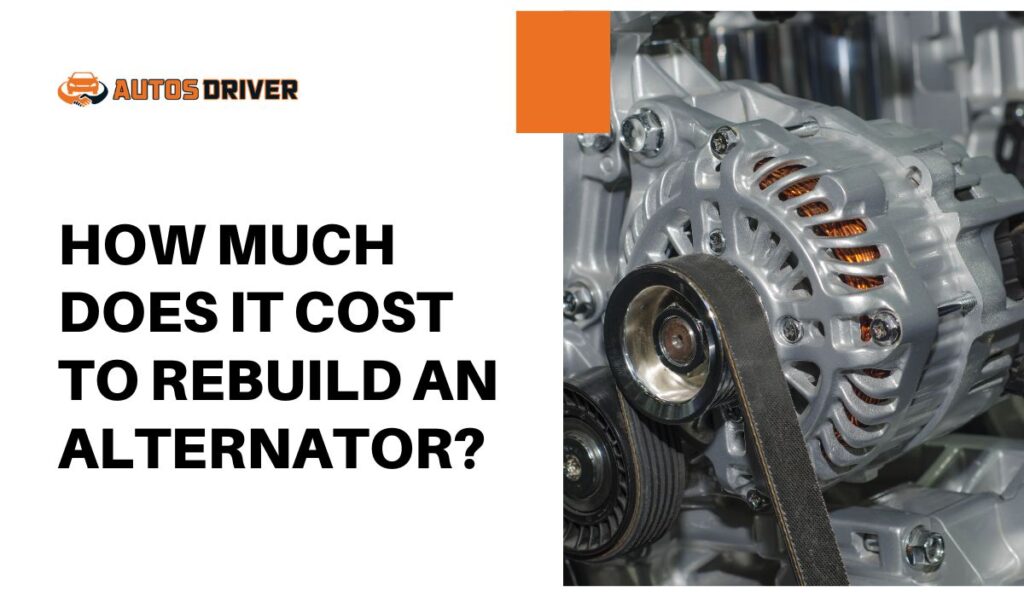When it comes to maintaining our vehicles, brake systems are undoubtedly among the most critical components. Ensuring their optimal functionality is essential for road safety. However, many car owners encounter frustration when attempting to bleed their brakes. Despite their efforts, they find themselves asking, “Why is it taking so long to bleed my brakes?” Well, it could be due to air entrapment in the brake lines, hydraulic system design, contaminated brake fluid or many other reasons. Let’s discuss these reasons in detail.
Air Entrapment in the Brake Lines
Why is it taking so long to bleed my brakes? One of the primary culprits behind this issue is air entrapped within the brake lines. Air bubbles can enter the system during routine maintenance, brake pad replacement, or due to a leak. Bleeding the brakes is the process of purging these air bubbles from the hydraulic system. However, locating and expelling every tiny air pocket can be a meticulous and time-consuming endeavour.
Hydraulic System Design
The design of modern hydraulic brake systems also contributes to the prolonged bleeding process. The intricate network of brake lines, callipers, master cylinders, and ABS modules means that air bubbles can be trapped in various locations. Moreover, some vehicles have complex ABS systems that require specific bleeding procedures, adding further complexity to the task.
Contaminated Brake Fluid
Another factor that can impede the bleeding process is contaminated brake fluid. Over time, brake fluid absorbs moisture from the atmosphere, leading to a decrease in its effectiveness. Moisture contamination can cause corrosion within the brake system and compromise performance. When bleeding the brakes, it’s essential to ensure that the fluid is clean and free from contaminants, which may require multiple flushing cycles.
Insufficient Bleeding Techniques
Why is it taking so long to bleed my brakes? Sometimes, the answer lies in the technique used. Bleeding brakes is a skill that requires precision and patience. Incorrect bleeding methods, such as improper sequence or inadequate pressure, can result in ineffective air removal. Additionally, using low-quality bleeding tools or failing to maintain a consistent flow of brake fluid can prolong the process unnecessarily.
Aging Brake Components
As brake components age, they become more prone to wear and tear, which can exacerbate bleeding issues. Worn-out seals, deteriorated hoses, or malfunctioning callipers can introduce air into the system or impede fluid flow, prolonging the bleeding process. Regular inspection and replacement of worn brake parts are essential for maintaining optimal braking performance and expediting the bleeding process.
System Integrity Checks
In some cases, the prolonged bleeding process may indicate underlying issues with the brake system’s integrity. Leaks, damaged brake lines, or faulty seals can compromise the system’s ability to maintain hydraulic pressure, leading to difficulty in bleeding the brakes effectively. Conducting a thorough inspection of the entire brake system can help identify and address any underlying issues.
Conclusion
In conclusion, the question is, Why is it taking so long to bleed my brakes? Encompasses various factors that contribute to the time-consuming nature of this essential maintenance task. From air entrapped within the brake lines to hydraulic system complexities and contaminated brake fluid, several challenges must be overcome to ensure effective bleeding. By understanding these factors and employing proper techniques, car owners can expedite the bleeding process and maintain the safety and performance of their vehicles on the road. Remember, when it comes to brake maintenance, precision and patience are key.
Have you noticed symptoms of low clutch fluid? Let Autos Driver help! Don’t ignore warning signs—get expert diagnosis and solutions today.




